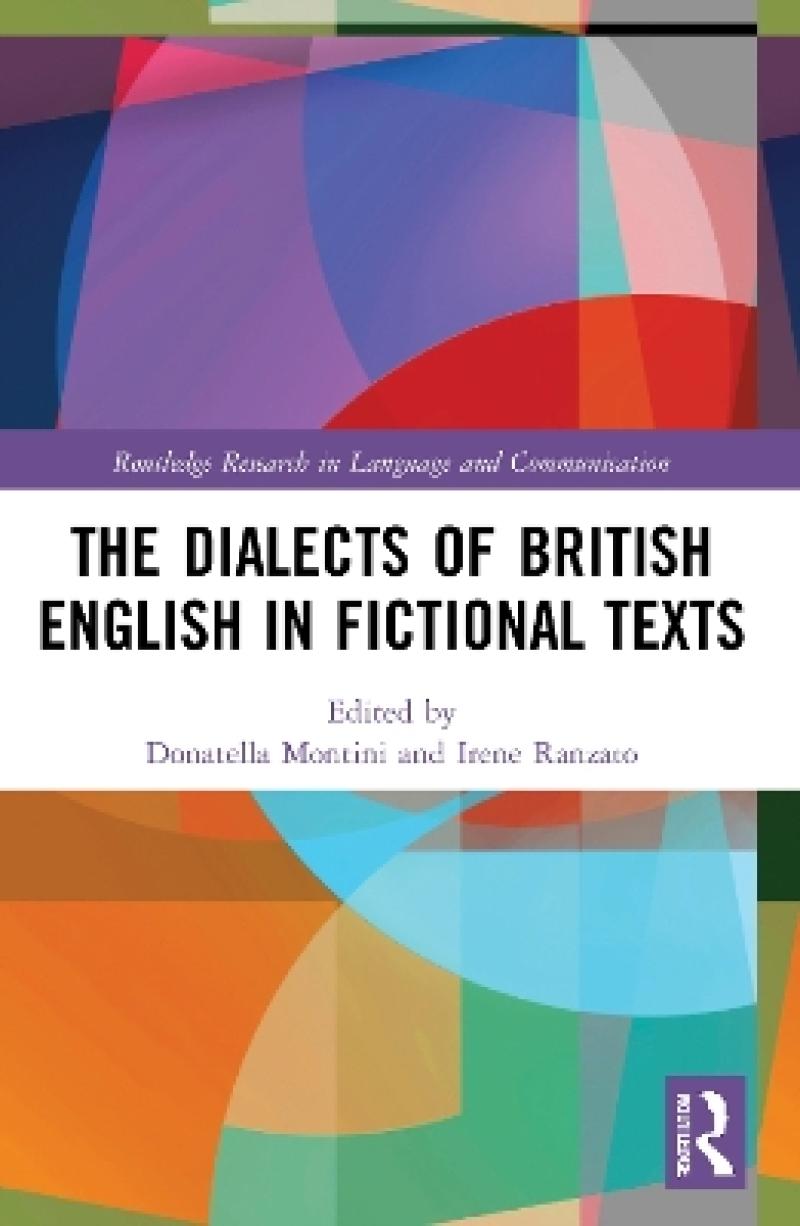This collection brings together perspectives on regional and social varieties of British English in fictional dialogue across works spanning various literary genres, showcasing authorial and translation innovation while also reflecting on their impact on the representation of sociolinguistic polarities.
The volume explores the ways in which different varieties of British English, including Welsh, Scots, and Received Pronunciation, are portrayed across a range of texts, including novels, films, newspapers, television series, and plays. Building on metadiscourse which highlighted the growing importance of accent as an emblem of social stance in the eighteenth and nineteenth centuries, the chapters in this book examine how popular textual forms create and reinforce links between accent and social persona, and accent and individual idiolect. A look at these themes, as explored through the lens of audiovisual translation and the challenges of dubbing, sheds further light on the creative resources authors and translators draw on in representing sociolinguistic realities through accent.
This book will be of particular interest to students and scholars in dialectology, audiovisual translation, literary translation, and media studies.
List of Contributors
Introduction: The Dialects of British English in Fictional Texts: Style, Translation and Ideology
Voices on page
1) Scots as the Language of the Uncanny: The Case of Nineteenth-Century Gothic Narratives
2) Enregistering Nationhood: Cornwall and "Cornu-English" in the Works of Alan M. Kent
3) An Analysis of the Use of Vernacular in Sebastian Barry’s Days Without End and its Spanish and Italian Translations
Voices on stage
4) Shakespeare’s Multilingual Classrooms: Style, Stylisation and Linguistic Authority
5) "Peden bras vidne whee bis cregas": Cornish on the Early Modern Stage
6) "Aw’m Lancashire, owd cock, and gradely hearty": Enregistered Lancashire Voices in the Nineteenth-Century Theatre
Voices on screen
7) Some Observations on British Accent Stereotypes in Hollywood-Style Films
8) The Accented Voice in Audiovisual Shakespeare
9) Bastard of the North or Kingg uv th’ Nohrth? /ˈbɑː.stəd/ /frɒm/ /də/ /nɔːθ/ or /kɪŋg/ /ɪn/ /də/ /nɒːθ/
10) "Why is he making that funny noise?": The RP Speaker as an Ooutcast
Index
Produktdetaljer
Biografisk notat
Donatella Montini is Full Professor in English Language and Translation at Sapienza University of Rome, Italy, where she teaches History of English and Stylistics. She has published extensively on Shakespeare,early modern English multilingualism, language teaching, and translation (with special regard to John Florio). She has recently authored a volume on contemporary stylistics, La stilistica inglese contemporanea: Teorie e metodi (2020), and co-edited a book on Queen Elizabeth I’s language and style, Elizabeth I in Writing: Language, Power and Representation in Early Modern England (2018).
Irene Ranzato is Associate Professor of English Language and Translation at Sapienza University of Rome, Italy. She holds a PhD in Translation Studies. Her research lies at the intersection of linguistic and cultural issues and focuses on the linguistic analysis of film and television dialogue and on the varieties of British English. Among her most recent publications are the books Translating Culture Specific References on Television (2016) and Queen’s English? Gli accenti dell’Inghilterra (2017). She also co-edited Linguistic and Cultural Representation in Audiovisual Translation (2018) and Reassessing Dubbing: Historical Approaches and Current Trends (2019).
